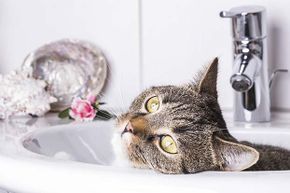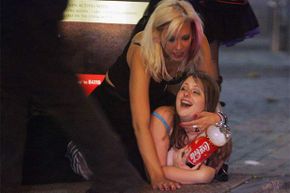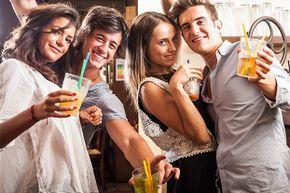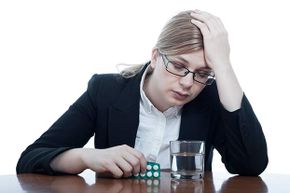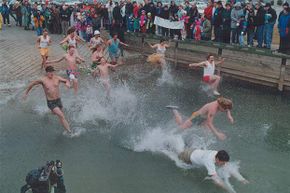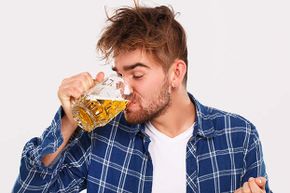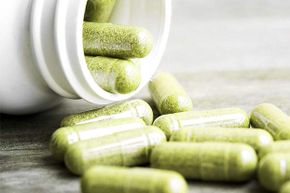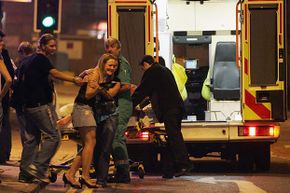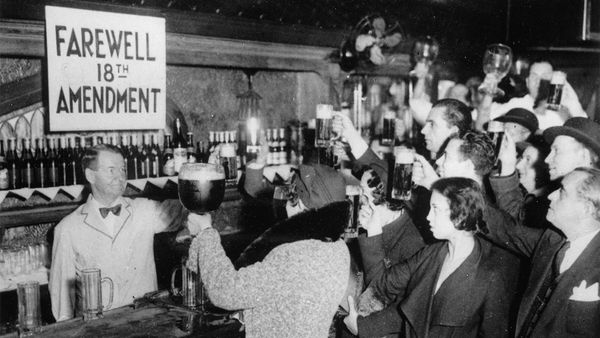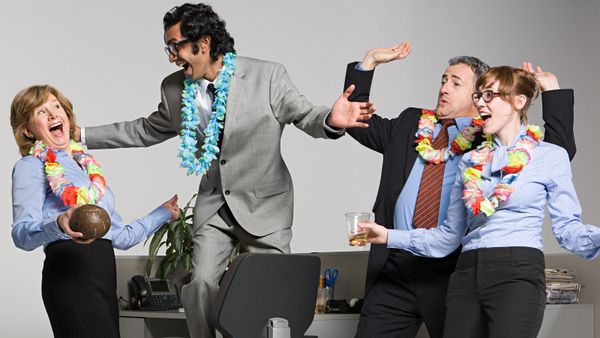The music is lively, the company's fantastic and the drinks are going down well. Really well. You don't notice, though, because you're having such a great time. And by the time you do realize you've probably had a little too much to drink, you don't care. Because now you're tipsy. Drunk. Blotto. The next morning you regret your actions because you wake up with a pounding headache, queasy stomach and insatiable thirst. Yep, you've got a nasty hangover.
In the U.S., hangovers cost $224 billion in 2006 due to related absenteeism and poor job performance, according to the Centers for Disease Control and Prevention. And interestingly, it's the light to moderate drinkers responsible for most of this cost, not the problem drinkers [source: Wiese et al.]. If you've ever suffered from a hangover, your friends have probably given you loads of advice on how to mitigate its nasty effects. Or maybe you all discussed ways to prevent a hangover before you started partying. But how much of this advice is sound, and how much is just hearsay? Before you head out to your next bacchanal, read on to learn the truth versus fiction when it comes to hangovers.
Advertisement

